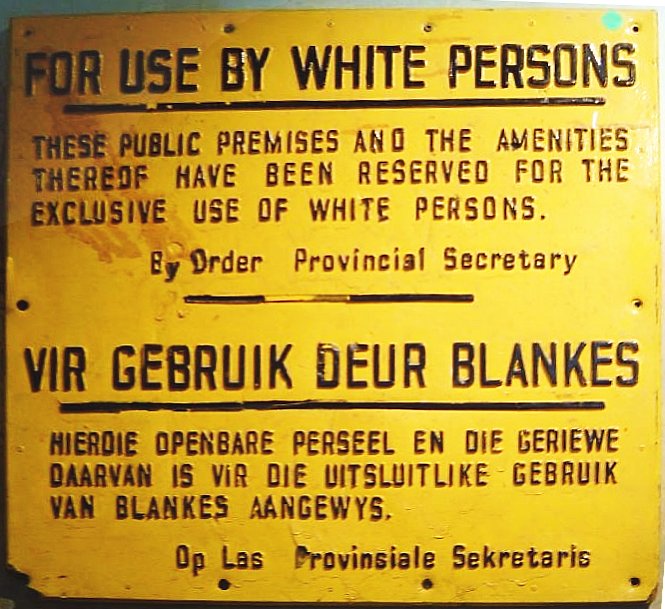A continuing series by guest author Jean Gerard
I was raised in the early 20th century by a conservative middle class family. My father educated himself and became a teacher of geology and geography in a large high school in Pittsburgh.

Dependent upon coal and steel, Pittsburgh suffered from strikes, pollution, and racial and class tensions among social groups– the very rich, middle class professionals, and many immigrant poor.
Children observed or experienced discrimination every day: the Italian boy who couldn’t speak or read English; the Jewish girl with the violin and the heavy accent; the eight Catholic kids who moved in next door. “I don’t know what you see in those people!” my older sister used to say.
Thousands of “working stiffs” were slaving for next to nothing in the mines and mills, under a system that, in spite of temporary reforms here and there, would persist and eventually destroy the very idea of “liberty and justice for all” to which I swore allegiance every morning.
During the Great Depression, teachers were lucky to keep their jobs. Consequently, every Saturday my father bought large sacks of groceries and gave them away to sad-faced, lost men slouching on sidewalks.
By the time Franklin Roosevelt came on the scene, my family was split by the politics of middle-class prejudice. I came to see how changes of the New Deal improved the lives of some of my friends even while they enraged others.
Then came Hitler, screeching over radio static from Germany. His ovens turned his country (and the land of my ancestors) into a living hell. By the mid-1930s he had almost made a Communist out of me – but not quite.
I sympathized, but didn’t join any political party because I was too confused and individualistic to join anything. It never crossed my mind that I had the same instinctive fear of consequences that had kept Hitler’s people voiceless–and now again has brought most of us Americans to a state of voluntary amnesia.
I was a political coward. I refused to take responsibility for fear of risking my safety. I remained an observer with a guilty conscience.


